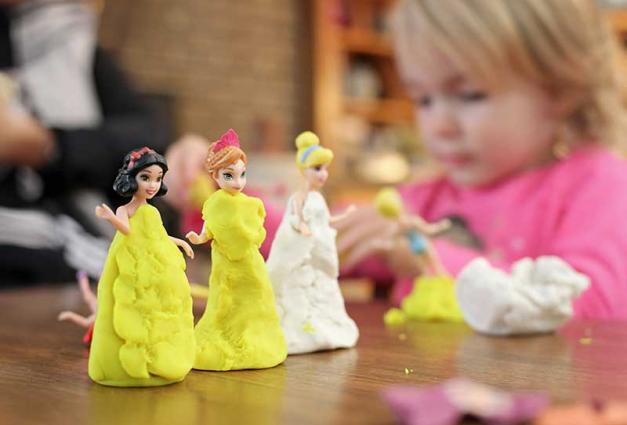Uncertainty is scary. Uncertainty makes it hard to know what to expect, how to behave, and whether something good or bad is going to happen. Many people frequently face uncertainty within today’s globalized workplace when employees are expected to quickly form collaborative partnerships with new people from all over the world. Having people from different cultures work together can be good for companies because it brings together unique perspectives and ideas that can increase creativity. But cultural differences also increase uncertainty, and uncertainty may make employees hesitant to share their perspectives and ideas because they don’t know how the other person will react. What if they are critical? Or even worse, what if they take my ideas as their own?
To answer such questions, employees must rely on whatever information is available about that person, which is often limited to surface-level, or physical characteristics such as race, accent, clothing, or gender. People use this kind of information to judge how similar that person is to themselves, which gives them a basis for inferring what to expect from the person. When people are similar to us, it is easier to predict how they will behave. After all, I know how I would behave, so if someone is similar to me then I am less uncertain about how they may behave. Research in social psychology also shows that we have a natural preference for people who we think are similar to us, and this preference guides how we judge and behave towards others. This “similarity effect” happens quickly and automatically, leading us to judge people who are similar to us as more likeable, competent, and trustworthy, even when we first meet them.
Whether cultural differences ultimately help or hurt collaborations in business organizations depends on how much the employees trust one another. When we trust someone, uncertainty isn’t as scary because we believe that the person has good intentions and will treat us well, even though we are uncertain about what they will do. This willingness to trust another person can be seen in trusting behaviors that make us vulnerable to that person, such as open communication, seeking feedback from the other person, and sharing information with him or her, all of which are essential to developing working relationships in which people from different backgrounds can combine their unique perspectives. So the question becomes: How do we enhance trust between people from different cultures?
In a recent study, we tested whether certain personality traits may be useful for identifying people who are more trusting towards people from different cultures (Saef et al., 2019). The study focused on the personality characteristic called Openness to Experience, which is often called just Openness for short. People who are higher in Openness tend to seek out knowledge and experiences with cultures other than their own. Because people who are judged as familiar are also seen as more similar to us, Open people—who are more familiar with different cultures—may judge people from different cultures as more similar to themselves, and therefore trust them more. In addition, because open people view themselves as having more knowledge of and experiences with different cultures and identify as more worldly wise people, Open people may perceive others who also have knowledge of cultures different from their own as more similar, leading them to trust them more.
To examine how people’s level of Openness influenced the way they perceived people from different cultures, we randomly paired White, American college students (referred to as ‘participant’ below) to work with a person (referred to as ‘partner’) from either the same culture or a different (Chinese) culture. After introducing the participants to their partner, we asked participants to rate how similar they thought their partner was to them and then asked participants to play a decision-making game that measured how trusting they acted towards their partner.
Not surprisingly, participants were less trusting towards partners from a different culture because they perceived them to be less similar to themselves. But participants who rated themselves as higher in Openness trusted partners from other cultures more than those who rated themselves as lower in Openness because they judged them to be more similar to themselves.
This finding suggests that, at the beginning of collaborations between employees from different cultures, people who are high in Openness will be more willing to cooperate and share their ideas with (or trust) people from other cultures than people who are low in Openness. And because trust is a self-reinforcing phenomenon, meaning trust leads to more trust, including someone high in Openness in collaborations between people from different cultures may encourage cooperation and information sharing from people low in Openness. Therefore, whenever people from difficult cultures work together, it may be useful to include at least one person who is high in Openness.
For Further Reading
Crisp, C. B., & Jarvenpaa, S. L. (2013). Swift trust in global virtual teams. Journal of Personnel Psychology, 12, 45-58. DOI: 10.1027/1866-5888/a000075
Saef, R., Porter, C., Woo, S. E., & Wiese, C. (2019). Getting off on the right foot: The role of Openness to Experience in fostering initial trust between culturally dissimilar partners. Journal of Research in Personality, 79, 176-187.
Williams, M. (2001). In whom we trust: Group membership as an effective context for trust development. Academy of Management Review, 26, 377–96.
Rachel Saef is an Assistant Professor of Industrial-Organizational Psychology at Northern Illinois University who studies personality in the workplace.




